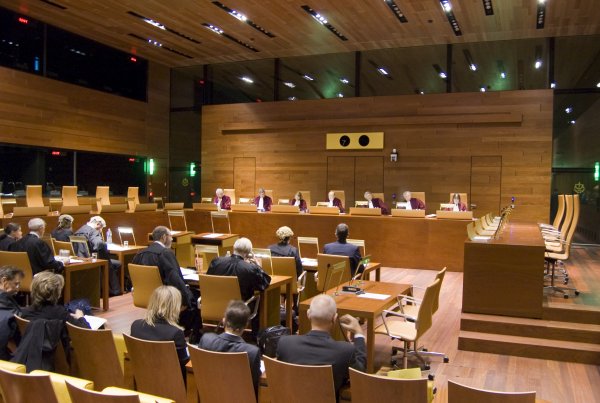The government is going to protect us from pornography on the Internet. Our children will at last be safe from depravity and corruption. Hurray! Claire Perry MP (Conservative) has accused Internet service providers of being complicit in exposing children to pornography and wants something done about it. Specifically she wants ISPs to filter the filth, unless a subscriber specifically wants to receive it. David Cameron has now jumped on her bandwagon, clearly without first checking to see which way it’s heading or whether the wheels are properly attached.
This isn’t going to be popular with the consumers and producers of Internet-delivered pornography, but that’s their problem. What worries me are the technical issues, and the consequences of trying to implement any form of censorship.
Let me make this clear: IT WON’T WORK. There is no technical solution available that can prevent porn from being transmitted over the Internet, and there never will be. It’s simply not possible for a computerised filter to tell the difference between porn and everything else, and it will become much harder if you give people a reason to avoid detection. About the best you can do is block known porn websites, and if the site promoters cooperate (i.e. keep them on fixed addresses) then you’re going to get a reasonable level of protection. And porn publishers, at present, are likely to cooperate. They’ve no interest minors viewing their wares, because minors don’t have the credit cards to pay for it. And besides, it’s a multi-million pound industry which includes many serious people with children of their own and similar concerns to the rest of us.
However, as soon as you start blocking these sites at ISP level, porn publishers will have to change tactics, as they’ll want to evade such draconian filtering. Legitimate producers will suffer; the vacuum will be filled by others underground, joining the leagues of the cyber-criminals, operating from agile addresses on servers operating outside jurisdictions that care. Claire Perry’s bright idea won’t work. It’s not better than nothing; it’s worse.
The porn operators would disguise their sites to avoid the filter, and in order that customers might find them, spam everyone using every means possible as they did in the late 1990’s. Right now you need to go looking to find it – a simple Google search away. If Perry gets her way it’ll be delivered to everyone’s Inbox, Facebook page, Skype and every other instant messaging technology you can think of, It’ll be encrypted and impossible to filter. It’ll be indiscriminate; kids will receive it too. If such a law was enforced, all encrypted content would have to be blocked as there is no way of telling what it is. This means farewell to, Skype, secure connections to your bank, private email, working from home on a VPN… Okay, it’s not realistic as well as being unenforceable.
The Internet dealt with issues similar to this twenty years ago, before the politicians were involved, but if the technicalities aren’t for you (as they aren’t for Perry and Cameron), there are plenty of other parallels. Society’s attempts to ban bad things that some people still want always seem to make things worse. I need hardly mention prostitution, drugs and alcohol, but I will. Making drugs illegal when so many people want to use them has simply improved the margins for the suppliers. Where there’s money to be made, people will find ways to smuggle drugs; and if the whole business is illegal then it’s certainly going to be completely unregulated. And it’s not a lack of resources and commitment. If we can’t stop people supplying drugs to inmates of a high security prisons we stand no chance of banning drugs anywhere else.
Similarly, it’s folly to attempt to ban pornography transmission on the Internet. There is no way to do this technically, and any attempt that simply makes it more difficult will give the criminals a huge advantage over the legitimate publishers, making regulation impossible.
The government is allowing crazy headlines out about this consultation and what they’re going to do. No doubt they’ll be consulting with child psychologists, women’s rights campaigns, children’s charities and a few suits from big business ISPs. Why don’t they consult the right people first – computer scientists. Ask the most important question: “Is it possible?” Committees can spend as much time as they like navel-gazing on the moral and policy issues, but that’s not going to change anything if it can’t be implemented. It’s just going to make them look stupid.



